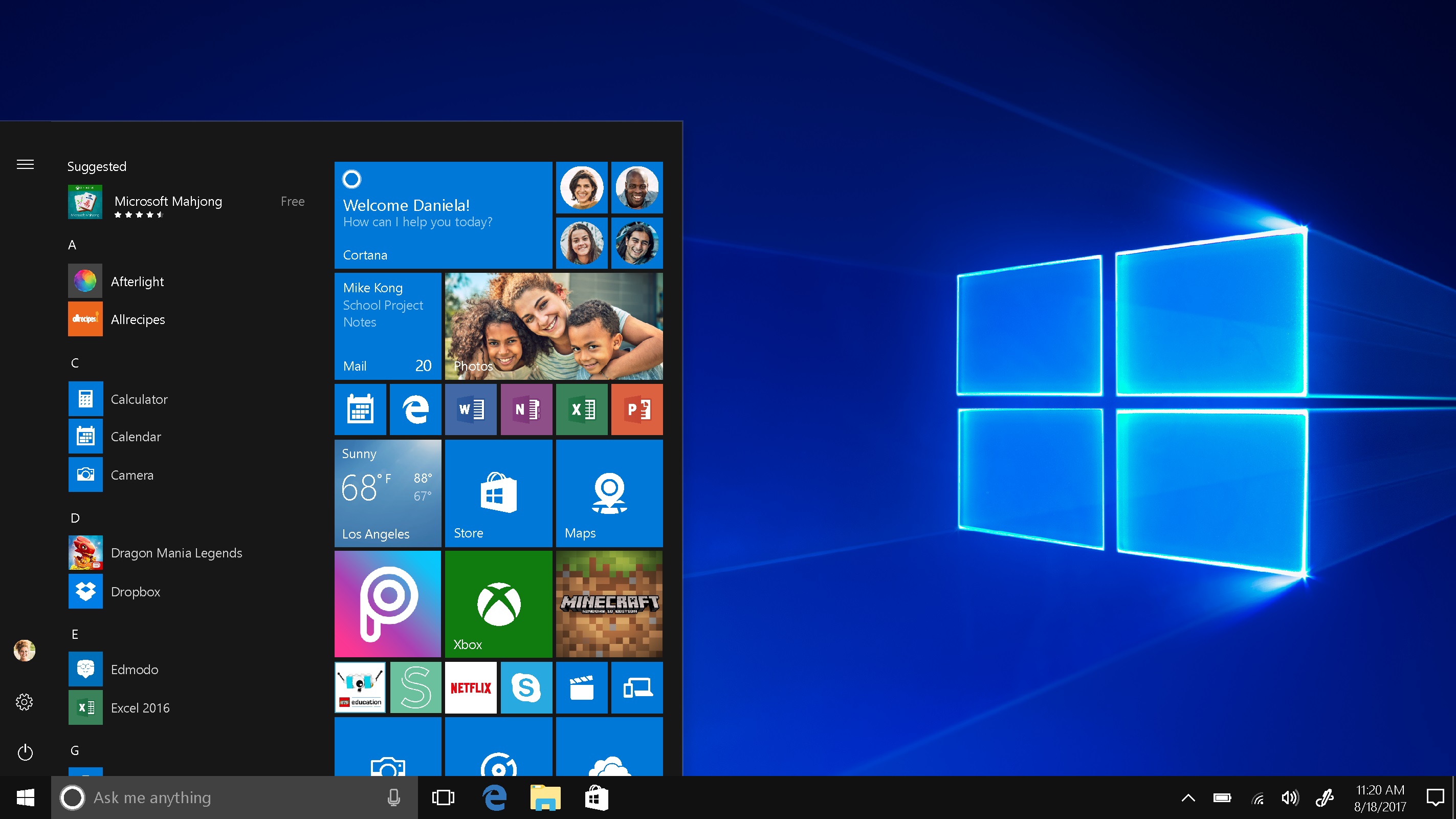Microsoft is planning to make Windows 10 PCs work without passwords. While the enterprise has been running on putting off passwords from Windows 10 and its Microsoft Accounts for some months now, the subsequent principal replaces to Windows 10 next year will cross one step similarly. You can soon allow a passwordless sign-in for Microsoft money owed on a Windows 10 tool. In this u, you will see Windows Hello face authentication, fingerprints, or a PIN code in this method. The password alternative will, in reality, disappear from the login display if you decide to decide on this new “make your device passwordless” characteristic. So why does Microsoft need humans to stop the usage of passwords to log into Windows 10 PCs? It’s really easy: passwords suck. People like to reuse them across every internet site and on their private devices, and even though we’ve got several two-issue authentication methods to be had, it’s still tough to persuade people to apply them.
Microsoft argues that a PIN code is a long way more secure than a password, even though applying a four-digit code seems easier. This is thanks to unknown variables and the reality that the code is saved on a tool and is now not shared online. Windows 10 stores your key on a device with a Trusted Platform Module (TPM), a relaxed chip that continues a PIN nearby for your device. Servers may be compromised, and passwords may be stolen. However, a Windows Hello PIN wouldn’t be affected.

Microsoft has been slowly seeking to convince Windows 10 users to opt into -factor authentication strategies like primary SMS, a separate Microsoft Authenticator app, Windows Hello, or even physical protection keys with the FIDO2 standard. With the modern-day Windows 10 May 2019 Update, you can even set up and signal into a Windows 10 PC with a cellphone range on a Microsoft Account. Microsoft is now making plans to permit human beings to take away the password option entirely from the Windows 10 login display. This will even make commercial enterprise customers bigger via Azure Active Directory, permitting groups to move fully passwordless with protection keys, the authenticator app, or Windows Hello.
It’s another step towards a destiny where we don’t worry abouty remembering complicated passwords, having a password supervisor, or heading off reusing password with any lucks. If Microsoft, Apple, and Google have their wa, then we’ll be using our eyes, hands, or bodily keys to get into our money owed and gadgets instead of passwords. Some of the reasons why IT Departments no longer need Microsoft Access in their environments are legitimate. For instance, the usage of Access Databases in high protection areas, including the Education Department for storing pupil statistics, Department of Defence structures, and Hospitals storing patient information, and all legitimate reasons why data should no longer be stored in an MS Access Database.
However, one of the key blessings that Microsoft Access has is the potential to build a software system to manipulate more than a few services in no time. The downside is that Microsoft Access on its personal is very veryuncomfortablee and can easily be lifted with no trace traceof the usage of a USB Stick or CDROM. But there are ways torelaxd Microsoft Access and to saveyouru statistics from being stolen. Microsoft SQL Server is the tool of choice for many company environments because it is a business database server. Its middle position in the industrial world is to store facts that are slightly extraordinary to Microsoft Access.
MS Access, at the same time as it is a database, is far more so a database control system that lets you build a completely interactive consumer interface that enables customers to enter facts and report on statistics. In contrast, Microsoft SQL Server stores the records within tables. It would not be be possible to provide you with the front-quit like ms Access. Microsoft SQL Server permits you to keep huge amounts of information, including photos, video, textual content, numbers, etc. Now, while I’m positive absolutely everyone is announcing, “But Microsoft Access can try this too”, you’re proper to a certain volume;e however, Microsoft Access has very described limits. Microsoft SQL Server is designed to address terra bytes worth of records w,hichMicrosoft Access can onlyhandled around 1 Gigabyte of documents without problems.




